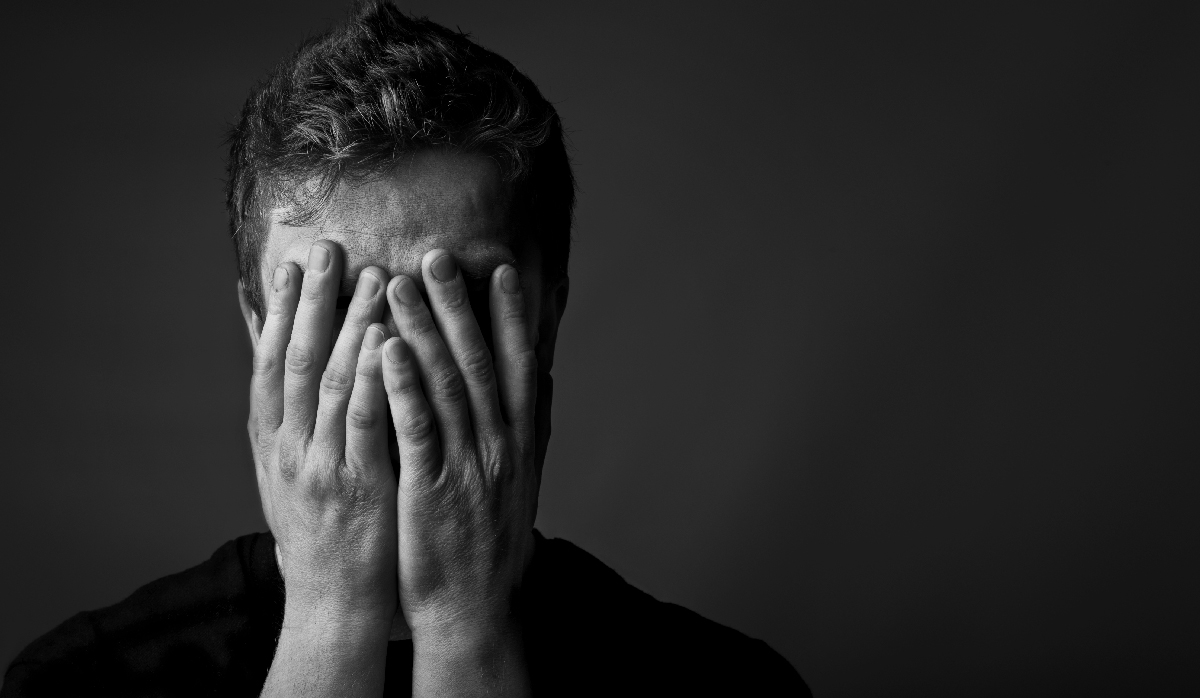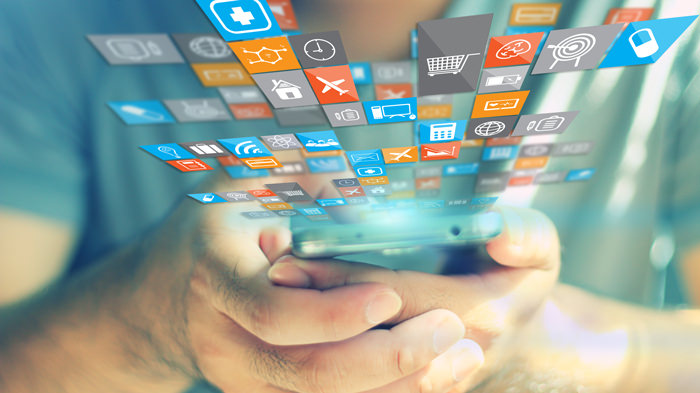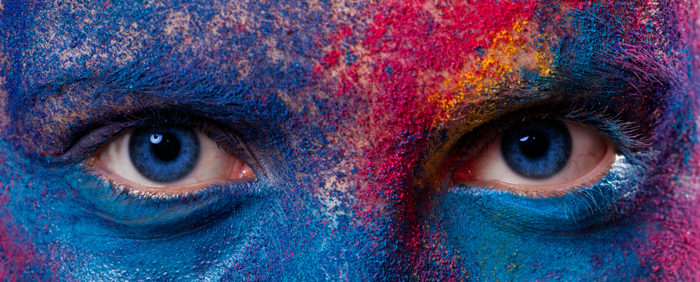With work or homework requiring a computer, our favorite shows and movies available after a few clicks on a streaming service, and a smartphone at an arm’s length away at all times, humans now spend a substantial part of their life with their eyes glued to a screen of some kind. While wasting the day away scrolling through your phone or spending hours binging on your favorite television show may seem harmless, these activities may be doing more harm than good. As a facility that offers residential mental health care for depression and other disorders, we wanted to bring awareness to the link between screen time and mental health.
Questions about our Programs?
Our admissions coordinators are available 24/7 to answer any questions you may have as you consider whether treatment at Banyan is right for you or your loved one.
How Does Screen Time Affect Mental Health?
It appears that more and more young adults and teenagers require mental health treatment today than in the past, and many researchers are asking why. With our daily time spent on devices rising, many people are citing the impact of screen time on mental health. There is an ongoing debate, and while research suggests that there is a connection between screen time and mental health, it can be conflicting.
Overall, most of the research appears to suggest that social media seriously harms your mental health. One study found that heavy screen users ages 14 to 17 were more than twice as likely to be diagnosed with depression or anxiety in the last 12 months than their peers who had little screen time.1 In extreme cases, screen time may turn into internet addiction, which is correlated with higher rates of ADHD, depression, and social phobia.2
While a lot of researchers tend to agree that screen time does more harm than good, it isn’t just about the amount of time spent staring at a screen. The impact of screen time on mental health is largely dependent on what you are looking at as well as how you are engaging with the screen. For example, research shows that, often, social media and depression are connected.
Spending a large amount of time on social media sites may lead to increased rates of depression for several reasons. Another important factor regarding the impact of screen time on mental health is the user’s engagement. Some research suggests that active users of social media who engage with others more frequently may be helping their mental health, whereas passive social media use can increase symptoms of depression by 33% in adults.3
Still, other researchers argue that it isn’t the activity being done that is the most problematic. The real and lasting issues stem from the secondary consequences of internet use, like sleep loss and internet withdrawal. They argue that these issues can often be a greater predictor of mental health outcomes than the specific online activity.4
It’s also important to consider the individual’s age. Late adolescence is a problematic age for the onset of mental illness and also the age group among which screen time is highest. This is also the stage when young people transition from childhood into early adulthood, and moving to college or a university can be taxing on the mind.
Research has also shown a link between a negative self-concept as well as an increased risk of obesity. Unsurprisingly, the increasing association between social media and mental health has been linked to insufficient levels of physical activity. This has led to less time spent outdoors connecting with nature. This increase in screen time and decrease in exercise and outdoor time has contributed to cyberbullying as well as compulsive internet use.
To sum it up, the cons of social media on mental health include:
- Inadequacy about your life or appearance
- Fear of missing out (FOMO)
- Isolation
- Depression and anxiety
- Cyberbullying
- Self-absorption
- Decreased interest in activities that were once enjoyable
- Self-comparison
- Low self-esteem and self-worth
- Increased risk of developing an eating disorder (especially common among women and young girls)
Too much screen time can lead to isolation, poor socialization, increased risk of obesity, self-comparison with others online, and more. Social media, in particular, is a playground for users with large followings – such as influencers – to display inaccurate and unrealistic posts about their lives and appearances. Despite the many photoshop scandals and disclaimers from celebrities owning up to these inaccuracies, self-comparison continues to be another damaging trend.
Solutions to Social Media and Mental Health
Common causes of unhealthy social media use include a fear of missing out (FOMO), using social media as a “security blanket,” boredom, and simply mindless scrolling. FOMO can have you continually refreshing your news feed on Instagram, Twitter, or Facebook, wondering who’s where and whether they’ve posted any updates. Not only can social media make you feel left out, but FOMO also makes things that aren’t urgent seem like the most important things in the world.
Perhaps you feel as if you’re going to miss the latest gossip among your friends. Or maybe you feel like your relationships with people will suffer if you don’t message them or post something. You might be worried you’ll miss out on an invitation to go hang out with friends.
Many of us also use social media as a “security blanket” when we feel stressed, bored, or in awkward or uncomfortable situations. However, interacting with social media in these moments further denies you face-to-face interaction with others which could actually help to ease stress, take your mind off of stress, and make the situation less awkward.
In the end, relying on social media to cope with boredom, depression, anxiety, or any other form of emotional discomfort can perpetuate FOMO and feelings of inadequacy, dissatisfaction, and isolation, which will further push you to use social media to distract yourself. In the end, this can become an unhealthy cycle.
Get a Free Insurance Verification Today!
"*" indicates required fields
Mental Health Treatment and Support
Because screen time and mental health are related, it looks like overall mental health will likely continue to decline, and poor mental health is only the beginning. It can impact a person’s daily life and lead to several other issues. Poor mental health can impact a person’s work or schoolwork as well as their relationships with others.
While deleting social media for mental health is enough for some people to cope with their anxiety, depression, or other mental health issues, others turn to more dangerous habits like drugs and alcohol. When this behavior becomes a habit, the imminent result is often an addiction. Thankfully, our Banyan Lake Worth rehab offers dual diagnosis treatment that addresses both problems at once.
Whether a more recent development or if it has always been a problem, mental illness is not something that should go untreated. At Behavioral Health of the Palm Beaches, we help patients with their behavioral health. To get more information on our mental health and addiction treatment in Lake Worth, call us today at 561-220-3981.
Sources:
Integrative Medicine International – Impact of Internet Addiction on Mental Health: An Integrative Therapy Is Needed
Cyberpsychology, Behavior, and Social Networking – Passive and Active Social Media Use and Depressive Symptoms Among United States Adults
Related Reading:













